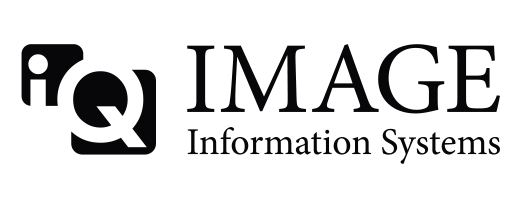Hi Marcel,
it seams that conquest writes dicom tag 0002,0010 to 1.2.840.10008.1.2.4.70 instead of ...57 when compressing incoming uncompressed images to j2! That seems to be the only bug.
Everything else behaves like it should. So when retrieving these files they get recompressed because of the wrong header: ...57 is requested, but ...70 is stored so they get recompressed althoug actually they are already j2 (there is no more j1 compression in the code) but with wrong header and then by recompressing they get the correct tag ...57.
Incoming files already having tag 0002,0010 set to ...57 are stored as is whithout recompression and ...57 stays in the header.
Hope this helps!
Heinz

